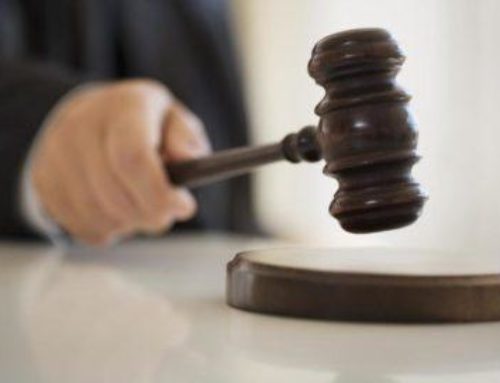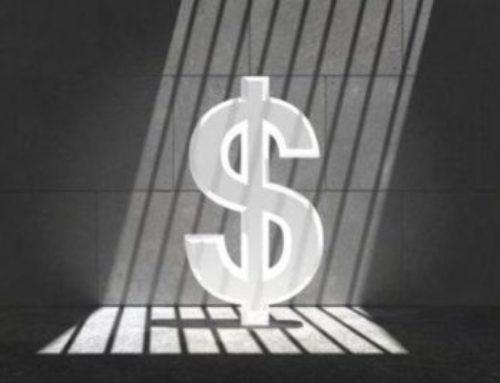The Fair Debt Collection Practices Act places severe limits as to when and how debt collectors can contact you. A “debt collector” is a third party, such as a collections agency, that tries to collect money owed to someone else. It is very important to remember that the Fair Debt Collection Practices Act only places limits on the actions of third parties and not on original creditors. Some of the more important constraints placed on debt collectors include:
- A ban on contacting you directly at all, if they know that you’re represented by an attorney and have a way of contacting the attorney, unless the attorney fails to respond;
- Restrictions on when they can contact you: No calls before 8:00 a.m. or after 9:00 p.m.;
- A prohibition on debt collector contact once you advise them in writing that you either refuse to pay the debt or that you wish them to cease communications. There are two exceptions to this prohibition. First, the debt collector may contact you after such notification to: advise you that debt collection efforts are being terminated. Second, the debt collector may contact you in order to inform you that the debt collector or creditor may invoke specified remedies that are generally invoked, or that the debt collector or creditor intends to invoke a specific remedy.
- Additionally, debt collectors may not engage in harassment or abuse, including:
1. Use of profane or obscene language;
2. Use or threat of physical violence or other criminal means to harm you, your reputation, or your property;
3. Advertising a debt for sale as a means of coercing payment;
4. Calling or engaging a person in conversation repeatedly with the intent to annoy, abuse or harass any person at the called number.
- Debt collectors are also banned from making deceptive, false or misleading representations in connection with the collection of any debt. Some common examples of debt collector misrepresentations that are barred by the Fair Debt Collection Practices Act include:
1. The representation or implication that non-payment of a debt will result in arrest, imprisonment, garnishment, or seizure of property, unless such action is legal and the debt collector or creditor intends to take such action;
2. Misrepresentation of the character, amount or legal status of a debt;
3. False representations regarding the impact of sale or transfer of the debt;
4. The phony representation or implication that the individual is an attorney or that any communication is from an attorney;
5. The representation or implication that non-payment of a debt will result in imprisonment, garnishment, arrest or seizure of property, unless such action is legal and the debt collector or creditor intends to take such action;
6. Use of fake names
7. Use or distribution of any document that simulates a document authorized by any court, official or agency of the state or federal government;
8. Failure to make required disclosures;
Finally, debt collectors are generally prohibited from employing unfair practices, such as:
1. Collecting any amount, including interest and fees, not expressly authorized by the agreement creating the debt or permitted by law;
2. Soliciting a post-dated check for purposes of threatening or instituting criminal prosecution;
3. Depositing or threatening to deposit any post-dated check or payment instrument prior to the date on said instrument;
4. Disseminating information regarding the debt through the mail in a manner that can be viewed by third parties, such as on a postcard or through language or symbols on the outside of the envelope.
5. Taking or threatening to take property which cannot be taken legally, or which the debt collector does not intend to take;
6. Debt collectors are also mandated to provide you notice of the amount of the debt, the name of the original creditor, and notice that you may dispute the debt in writing within thirty days.
Violations of the Fair Debt Collection Practices Act give rise to civil liability. The Act is also enforced by the Federal Trade Commission. More information on filing a complaint with the Federal Trade Commission is available at www.ftc.gov. If the violations relate to debts discharged in bankruptcy, Northwest Debt Relief Law Firm can help you enforce your discharge and pursue damages.











